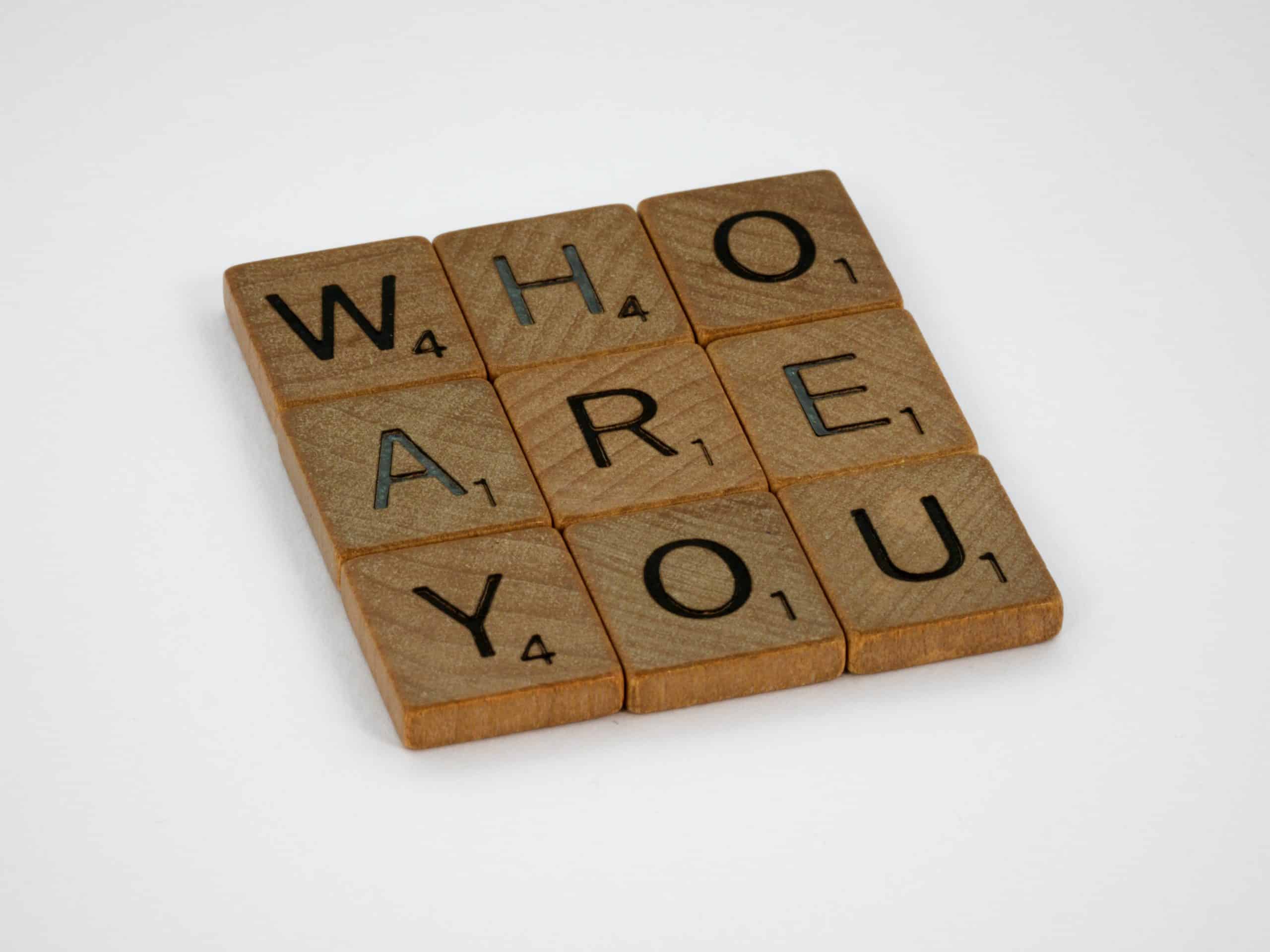10 Points on Self-awareness
What does self-awareness involve? 10 points on self-awareness look at the areas in your life you need to be self-aware about for you to achieve full self-awareness.
Identity
Self-awareness helps you understand your identity. Who are you? Knowing yourself is the first step towards self-awareness. Your identity is determined by your childhood experiences, family and background and your personality. Where you grew up, or your childhood experiences, form a big chunk of who you are today. How we grew up influences how much value we place on ourselves, how we develop relationships, our attachment styles, and so much more.
As you explore your self-awareness, you need to get back to your identity and learn about your roots to help you understand yourself better and forge a life for yourself.
Self-concept
Self-concept is how you perceive yourself. You start to develop a self-concept when you are a child. Events you through, whether they are love and security, or bullying and abuse, influence the self-concept you develop. How you perceive yourself and the value you place on yourself is the self-concept. This contributes to our self-esteem, self-image and self-worth. How you perceive yourself also influences how you think others perceive you. If you think highly of yourself, you also expect others to think highly of you too and you believe that they do.
Self-knowledge
Self-awareness is how well you know yourself. We all know that we have strengths and weaknesses but do you know what these are? Do you know what your limitations are or what your strong points are?
Many people assume that just because you are self-aware, you can be anyone and do anything. On the contrary, self-awareness is about understanding your strengths and your limitations. This helps you achieve a realistic picture of yourself. For example, you can understand that due to certain limitations you have, you maybe have trouble forming good relationships. Self-awareness is knowing this and starting on working to improve yourself and be better.
Self-acceptance
Do you know why self-aware people are so confident? It is because they accept themselves. They know their strong points and their drawbacks and they accept themselves for who they are. Self-acceptance does not mean giving up on improving yourself. It means you stop beating yourself up for your shortcomings and instead, get comfortable in your skin, laugh at your mistakes and improve where you can.
Personality
This is a huge part of self-awareness. Understanding your personality will help you understand why you like the things you like and why you behave the way you do. Your personality is influenced by genes and also by the environment you grow up in. you become more self-aware when you understand your personality and accept it. When you are an introvert, for example, you may have realized that you feel so much pressure about going out while your friends seem to enjoy every bit of it. Understanding why you feel this way makes you more self-aware and you don’t put yourself in positions that make you uncomfortable. Understanding your personality can also help you in your career choice as you can choose one that is best suited for your personality.
Thoughts
Your thoughts and thought processes are a factor in how self-aware we are. This is why when you are self-aware, you can channel negative thoughts to become positive thoughts and help you manage your emotions. When you are focused on negative thoughts, you are more likely to stress yourself and become depressed simply by the factor of what kind of thoughts you are thinking. On the other hand, when you think positive thoughts, you are more likely to switch your emotions to optimism and much better things.
Feelings
One of the definitions of self-awareness is ‘awareness of your traits, behaviours and feelings. Self-aware people are more in touch with their feelings and can take charge of the feelings before the feelings take charge of them. For example, when you are self-aware, you are more likely to identify triggers of anger and catch yourself before you get angry and do something you might regret. You can observe patterns of your feelings and be able to take charge of them and seek help when they get out of control.
Body image
Our body image is important to us no matter how much we might like to downplay it. Your body image influences how you perceive yourself and how you think others think of you. This is why working on your body image can make you feel good about yourself. When you are self-aware, you are more accepting of your body and do not put yourself under unnecessary and unrealistic strain to achieve certain body goals when they are not reachable to you. Self-awareness leads to self-acceptance and feelings of contentment.
Emotions
One of the main factors of emotional intelligence is self-awareness, according to the author of Emotional Intelligence Daniel Goleman. Emotions highly influence our interactions with others and with ourselves. When you are self-aware, you become more in charge of your emotions, you can pull yourself from being sad, motivate yourself even when you don’t feel like doing something, manage your emotions so that you don’t have outbursts, or even choose the emotions to feel in different situations.
Values and principles
What do you stand for? What are your values and principles that influence the decisions you make, choices you make and the way you do the things you do? Self-awareness includes being fully aware of your values and principles and being able to defend yourself when called to it.
You can take my fully comprehensive self-awareness course here. It has exercises to help you understand how self-aware you are and improve on self-awareness.





